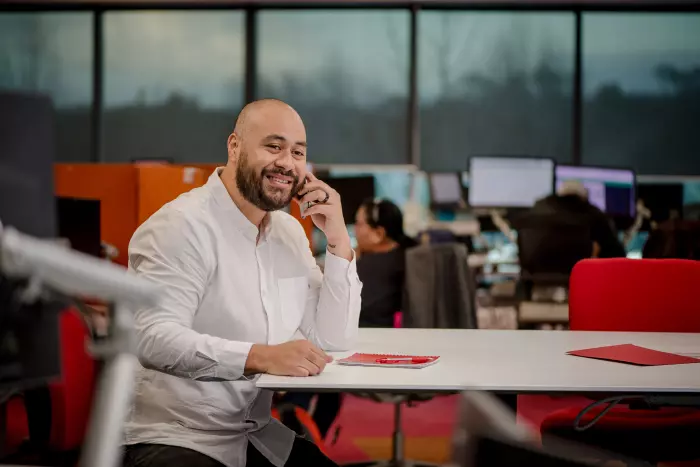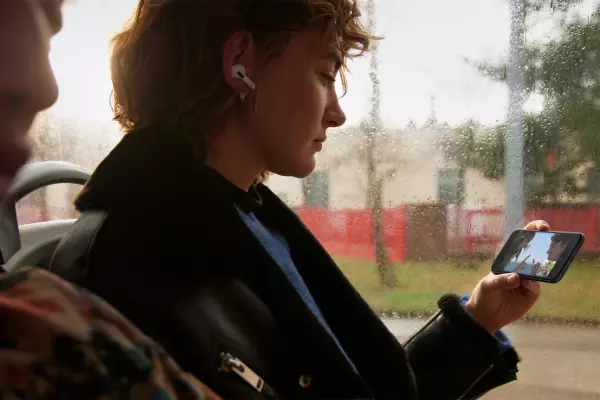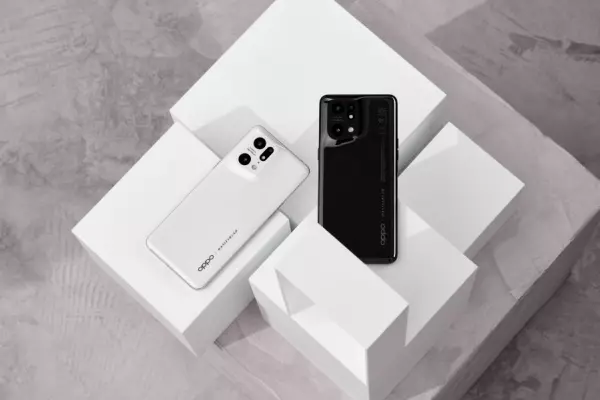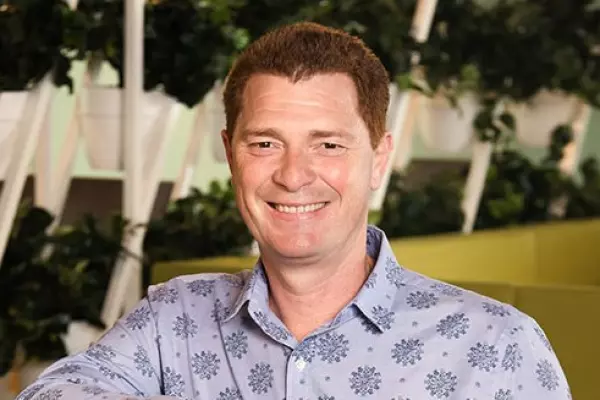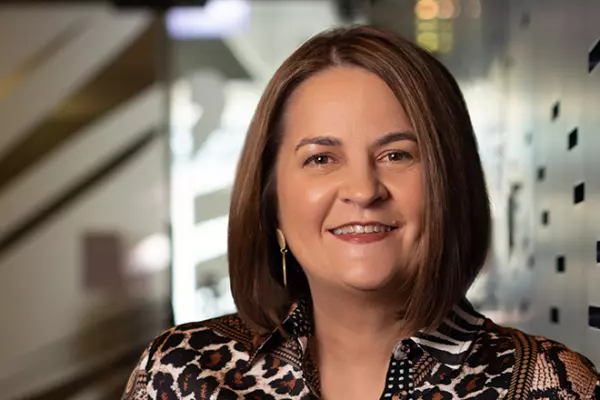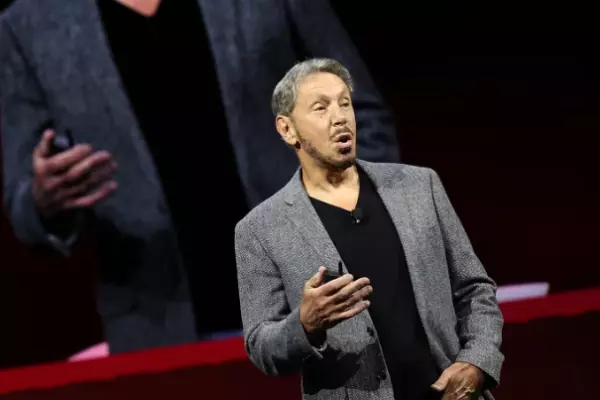Vodafone has launched a new virtual call centre voice assistant that can speak several te reo Māori phrases, and English with a Kiwi accent.
Developed together with Amazon Web Services (AWS), the telco’s new tech uses text-to-speech (TTS) voice technology to assist people calling customer support with their queries.
Vodafone head of digital tools Mark Fitzgerald told BusinessDesk the voice, which is named Hana, is live as of today for business customers and will be ready for all customer calls by the end of September.
“We wanted to have a synthesised voice, because it makes it really easy for customers to interact. We want customers to be able to use their own words with us to ask for what they want and then we will take it from there.”
Hana uses natural language processing and intent matching tech to direct callers to the appropriate customer service agent.
Although she can conversationally reply with te reo Māori phrases such as Kia ora, Mōrena, Ngā mihi, Rorohiko, and Mā te wā, Fitzgerald said Hana can only understand a few te reo phrases, so most questions must be asked in English.
The voice was developed using Amazon Polly, a machine learning voice that translates text into speech. It’s run through Amazon Connect, AWS’ cloud-based contact centre technology that virtualises customer services.
Until recently, the closest Amazon offered to a New Zealand accent was British or Australian.
“So, not ideal,” Fitzgerald said.
While using an Australian voice in the interim, Vodafone decided to work with Amazon and a New Zealand voice actor over six months to develop a Kiwi accent.
“She really represents who we want to be as a company. She speaks fluent te reo Māori and represents our brand in terms of being a really Kiwi telco.”
An effort has been made to ensure place name pronunciation is correct and Fitzgerald said as part of an agreement with AWS, Hana will become available for other companies in NZ to buy under the name Aria.
On cloud nine
Though designed to pass customers on, Hana can help customers open a new account, check account balances, top up balances, and give updates on products and services without having to call on a human Vodafone worker.
“There is no plan for our synthesised voice to replace the need for people,” Fitzgerald said.
“The things that we can do with her is make sure calls go to the right people rather than transferring them around, and by authenticating them, it means that a frontline agent can focus on fixing the customer's problem, rather than getting the customer to prove that they’re a customer.”
One-time PIN numbers will be text to customers while on the line with Hana to help verify identities.
Hana is part of Vodafone moving all its customer service stack to Amazon Connect. This includes chatbots, live chat help and, by the end of September, every inbound and outbound customer service call.
Fitzgerald said moving all of customer service to AWS’ virtualised platform gives Vodafone more contextual data to see how and why customers are getting in touch.
“We should be able to see our customers interacting with us across different platforms across different channels. Are they calling us on different numbers, have they called multiple times before? And that'll give us a level of insight that we've just never heard before”
In this most recent lockdown, 350 Vodafone retail workers have been quickly moved to act as work-from-home customer service agents.
“Prior to this transition, that would have been really, really hard,” Fitzgerald said.
Those employees would not necessarily have been able to do any work at home under level 4 without a cloud-based system.
“We would have been looking at annualised licences and millions of dollars’ worth of cost, whereas now it's just consumption-based licencing … that incurs slightly more cost, but that's actually a good thing, because we're meeting customer needs that we wouldn't be able to, because our stores were closed.”


